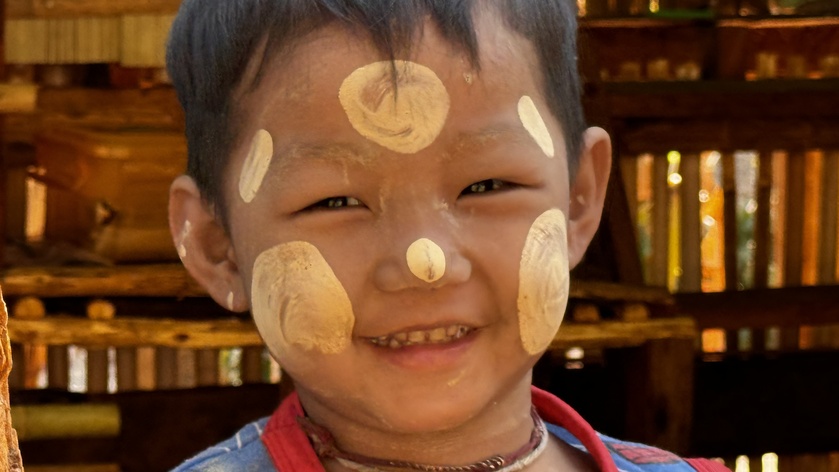2 November 2024 (republished with permission)
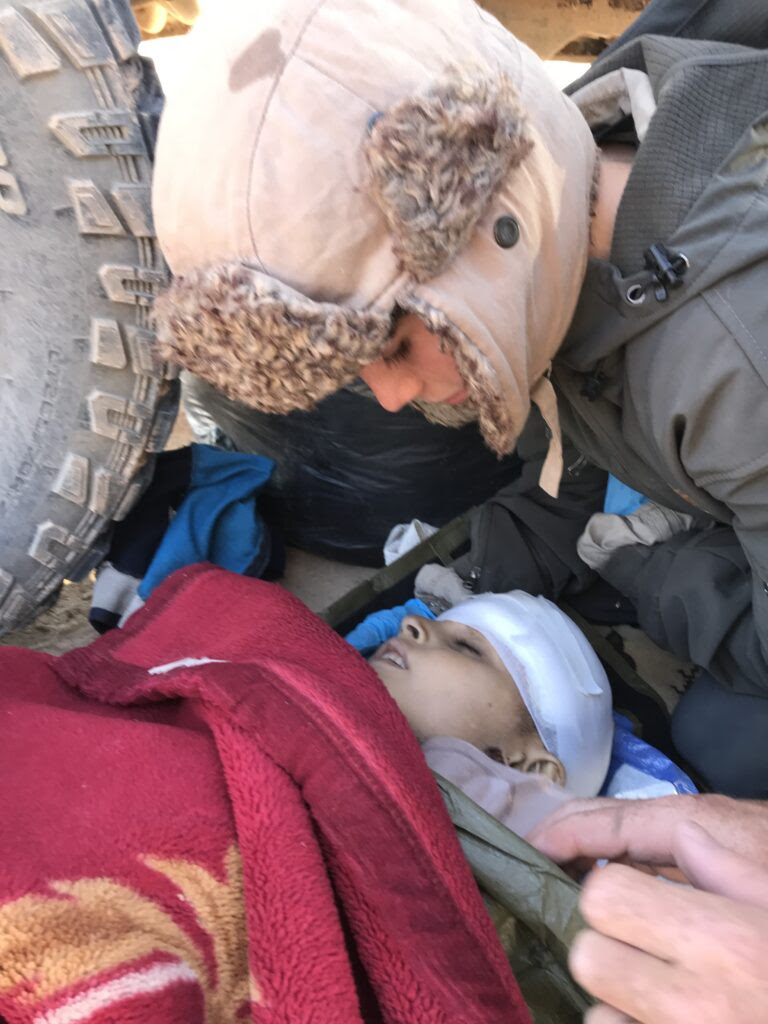
Can we love others as we love our children? Can we love our enemies as if they were our children? At our recent board meeting in the United States, one of our board members, Doug Yoder, told the story of Adam and Eve and their children Cain and Abel. Cain killed Abel and there were consequences. However, Adam and Eve did not kill the remaining son, Cain in punishment.
Later on, King David faced the rebellion of his son. Absalom took over the royal city, committed evil and then came out with an army to kill his own father and those with him. King David rallied his own army to stop this attack but told his men not to kill his son. In the battle, Absalom’s forces were defeated and he was killed despite the king’s orders. King David was distraught and heartbroken and had to be reminded by his men that more people were at stake, not just his rebellious son. King David understood but was overcome with grief.
From then until now, people have been killing each other. And, from then until now, the idea of killing our own children is so horrible we can’t even think about it. If I would never hurt my own children, how can I hurt someone else’s?
My father told me after he served in the Korean War that sometimes you may need to stop a man’s heart with a bullet, but you can never change a man’s heart with a bullet. Dad said, “I want to be working with God to change people’s hearts with the love of Jesus.” That is the same mission of the Free Burma Rangers. Our mission is to share Jesus’s love, help people, and get the news out. It is not to fight or kill. At the same time, we have faced people doing great evil such as ISIS who were killing men, women, and children right in front of us and attacking us as well. In some cases, we have fought back. The same has been true in Burma.
How can we be willing to kill another person’s child, if we would never kill our own? This is something that I’ve struggled with in thought and prayer.
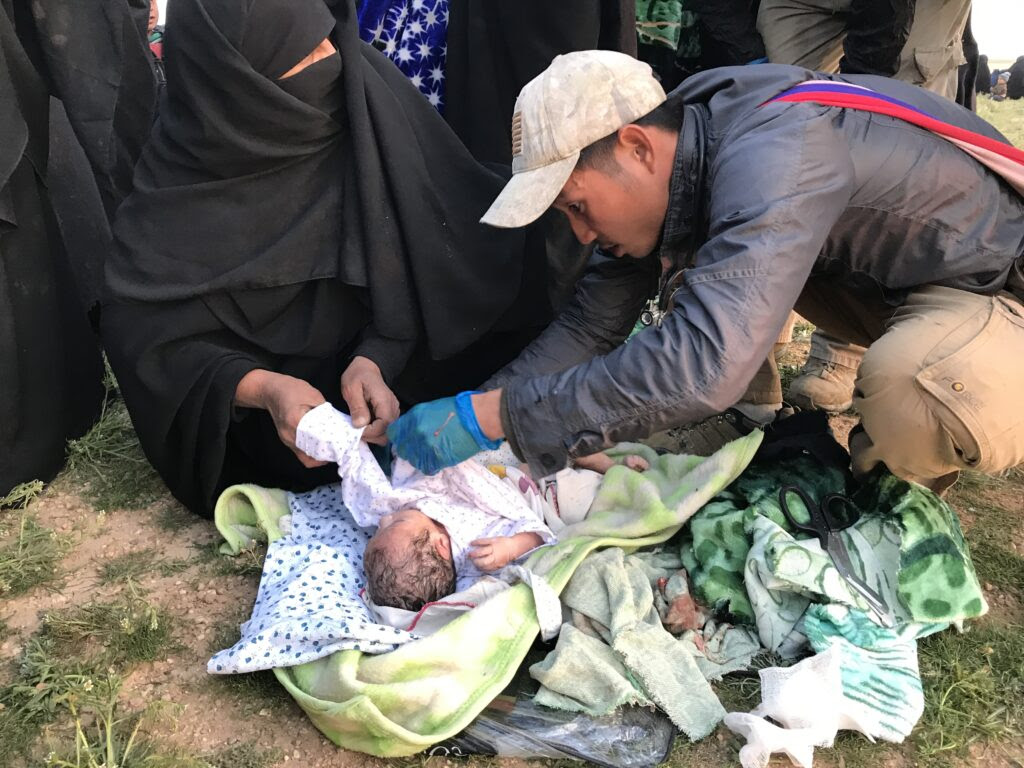
With the encouragement of my cousin, Ernest Herndon, who is a journalist, I wanted to share this message. God is with us in every situation and has the answer.
In Mosul, Iraq, as we were helping treat the wounded and feed people, we were attacked numerous times by ISIS. Many of our team were wounded and one, Shaheen, was killed. I was shot point-blank by ISIS fighters as they charged us during one mission. The ISIS men were smiling as they fired. My Iraqi friends were being shot and killed around me. I prayed, “God help me” — and fought back.
We were able to stop the attackers, but only by killing them. Afterward, I prayed for their souls, that they would be forgiven and go to heaven. I also prayed for my own forgiveness and experienced peace. I felt we had done the better thing to stop them rather than let them kill us and keep killing others.
But I couldn’t help but think: what would their mothers and fathers feel when they found out they had lost their sons? What if it was my son that had been one of the attackers? That was heartbreaking, and I prayed for comfort for the families of these ISIS men and for God’s answer. I did not hear anything definitive, but I did feel a peace. We were just people, we didn’t have all the answers, we had done our best and only God is God.
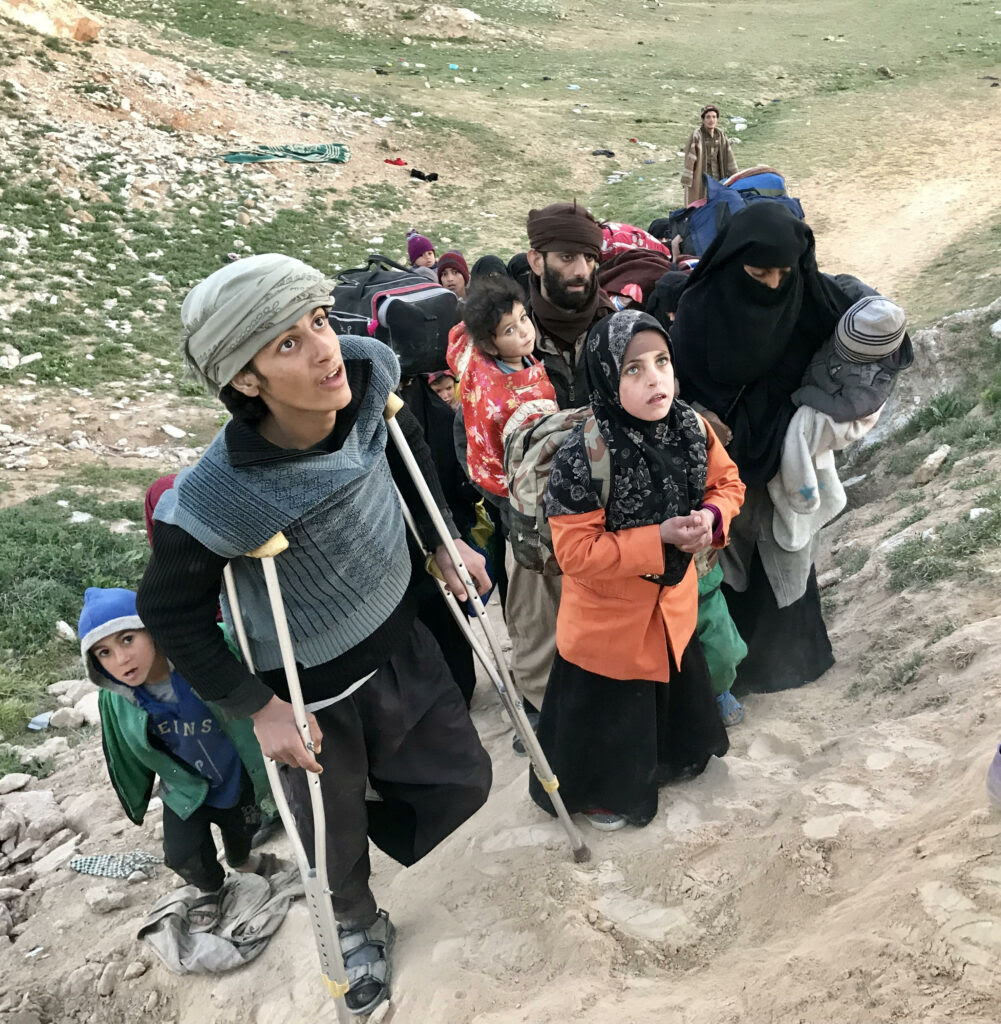
Another time we were with Kurdish forces who liberated a village controlled by ISIS. Supporting the Kurdish forces were American aircraft that had bombed and killed ISIS fighters, but also had accidentally bombed and killed an entire Arab family of eight. The family ranged from a few-month-old baby to the mother and father.
Eight people, dead, mangled and torn, wrapped in blood-soaked blankets.
The village men were carrying them to be buried. I was there. What do I do? How can I help? To them am I not the enemy? It would be an insult and a pain in their sight to have an American approach them now.
I prayed and the answer came to me: I am an ambassador of Jesus, I must do something. I prayed and went forward. I asked forgiveness on behalf of America and the pilot and I told them this was a mistake and an accident. They looked at me with sorrow and rage and gathered closely around me. I could feel their pain, despair, and anger.
I prayed again and got on my knees. I told them “I only have one life and it’s not worth the eight who were killed, but I offer it to you.” I told them, “I don’t have time to ask my wife and children if I can give my life or not, but I give it to you, you can kill me if you want to.”
I raised my hands, closed my eyes, and prayed. I felt the powerful arms of a big man who was the brother of the family that was killed. He lifted me to my feet and looked in my eyes and said, “We won’t kill you. We don’t hate you.” Tears streamed down his face. We cried together and hugged each other. The other men gathered around closely, crying also. We were so sad and so broken together.
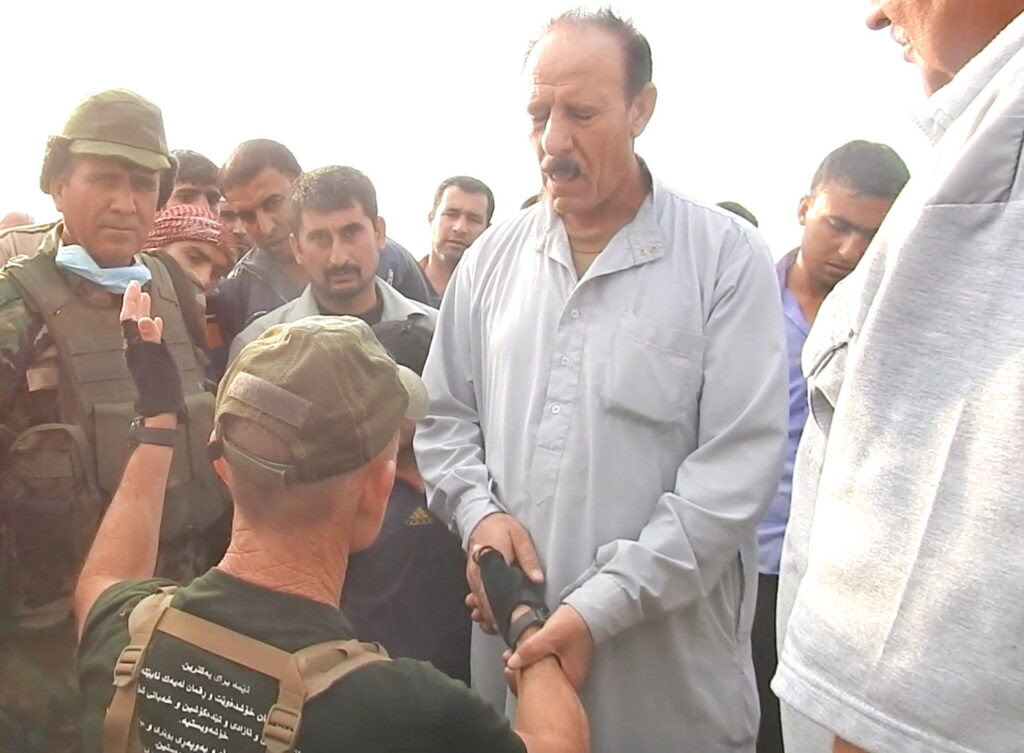
We became friends with that village and later built a playground in honor of the family; the US government did pay reparations. None of this brought the dead family back, but there was love, forgiveness, and comfort for each other. A sorrow shared is divided and a joy shared is multiplied. As we suffered together in that Arab village, our sorrows were divided, and when the children played on the playground later, our joys were multiplied. The dead did not come back, but we could see God bringing good from the evil that happened.
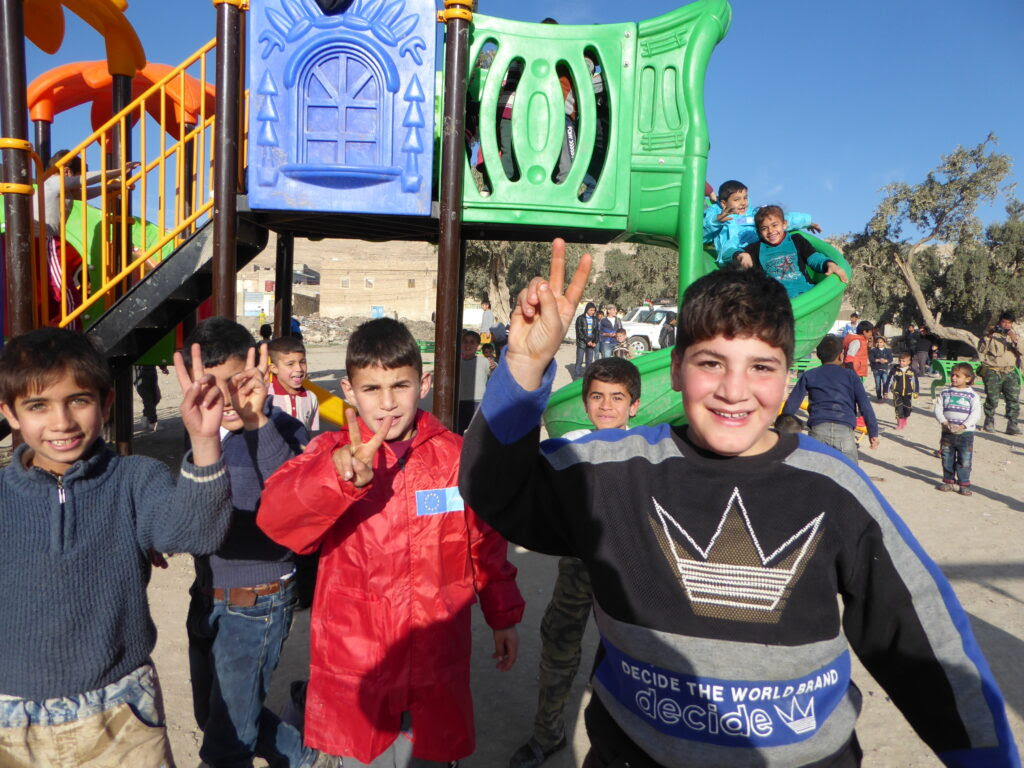
God made it clear to me years ago in Burma that nothing truly precious is eternally lost. We will see each other again because of the love of Jesus, and this knowledge makes room for forgiveness.
I remember the words of my professor, Chuck Craft, at Fuller Seminary: “You can live well with sorrow, but you can’t live well with shame.” When we share our sorrow, we can comfort each other. Jesus can take away our shame by forgiving us – and when we forgive those who have wronged us, we can have a part in taking away their shame and helping open a door to redemption for them.
For us and most of you, dear readers, most of the time we are not fighting people physically, but we all are in some form of battle with people who have hurt or betrayed us. We can ask Jesus, “What do I do now?” God has helped me to ask, what would I do if it was my child who just hurt me? When we’re trying to help our children who have done something wrong, we pray for love and wisdom to be able to stand firmly on the truth in love and also in justice.
Something I learned in the battle against ISIS is this: love is the difference between revenge and justice. The only way we get justice is with love, love for the perpetrator and the victim. Justice is born of love and forgiveness and builds up; revenge, is born of hate and shame, and destroys. Justice is our responsibility. Revenge will destroy us and not bring about justice or healing.
When we’ve been badly hurt, Jesus can supernaturally help us forgive and move towards justice. If we allow it, He will fill us with His love for everyone involved. In love, we give discipline and punishment to our children to stop them from doing the wrong thing and build them up. As we pray to God for love for our enemies, He will give us that love and help us see our enemies as if they were our children. God will help us know when and how to take a stand.
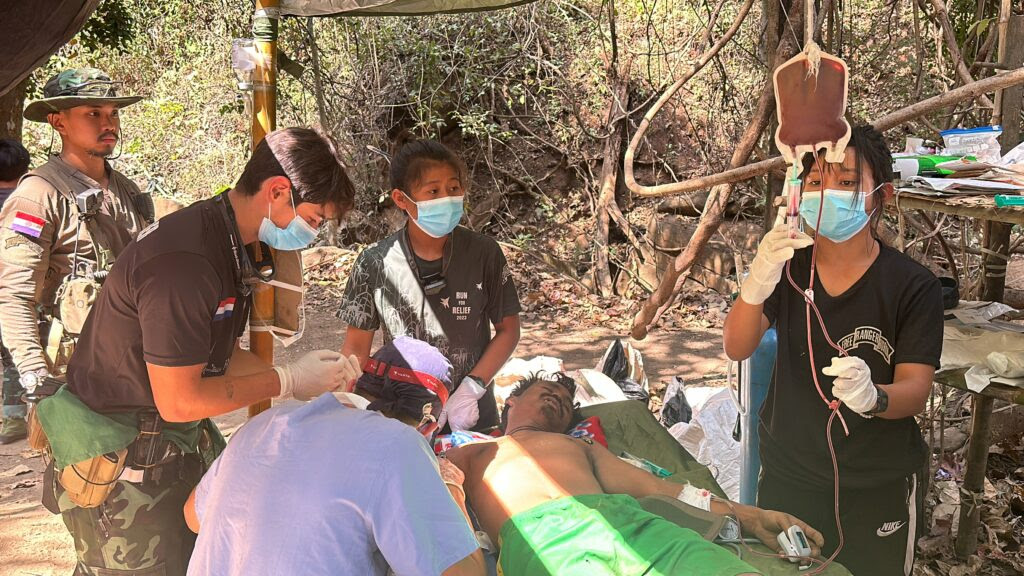
We are going back to join our teams in Burma where 65 our team members have been killed, and hundreds of us have been wounded. In the last three years alone, thousands of men, women, and children have been killed and over three million displaced in brutal attacks by the Burma military. But we pray for the military as if they were our children.
We thank God for the opportunities to treat wounded Burma soldiers and carry them to safety. We thank Him for the time young Rangers donated their own blood to a wounded Burman soldier who just minutes before was trying to kill them. We thank Jesus that we have had chances to pray with Burma Army soldiers and tell them who He is. These acts of love offer hope for redemption for these soldiers who are stained by the shameful evil they’ve taken part in.
In all our lives, there may be a time to fight physically, legally, or some other way, but we always need to remember, we could be fighting our own children. That other person we’re fighting is always someone’s child. May God help us remember that, see our own sins and faults in the situation, and forgive others just as we want God to forgive us. Since in the end, we are all children of God.
Thanks and God bless you,
Dave, family and FBR
Check out additional photos below:
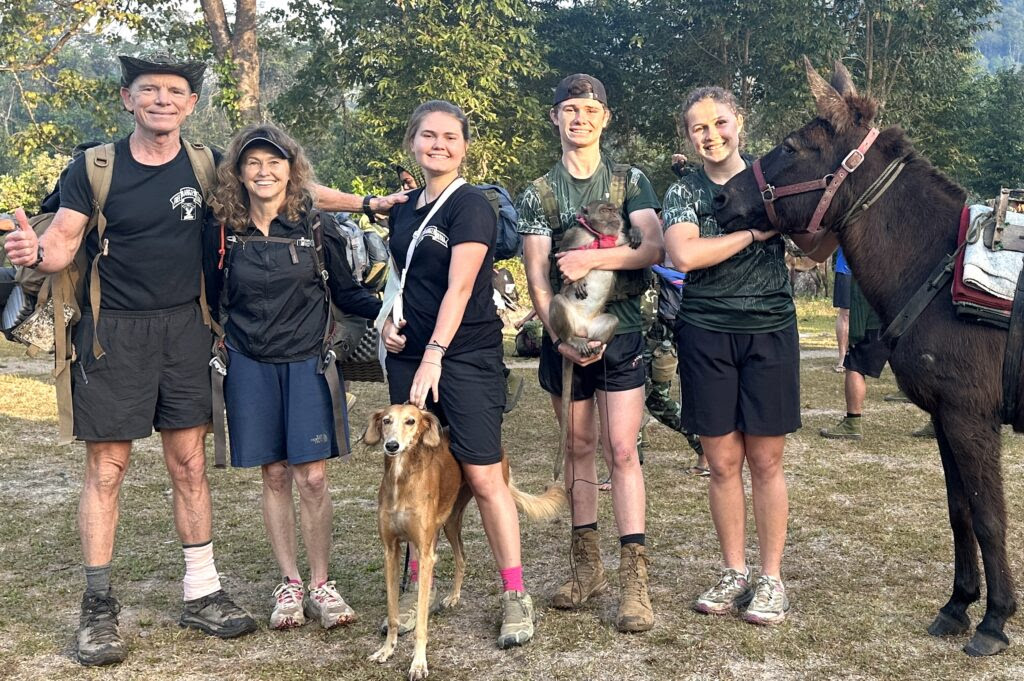
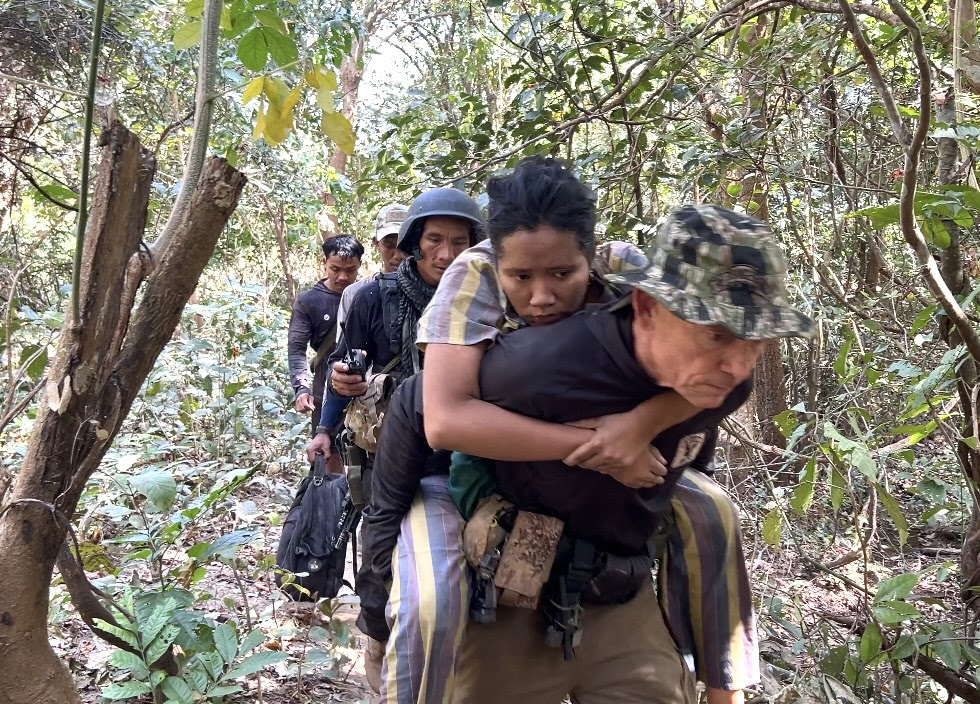
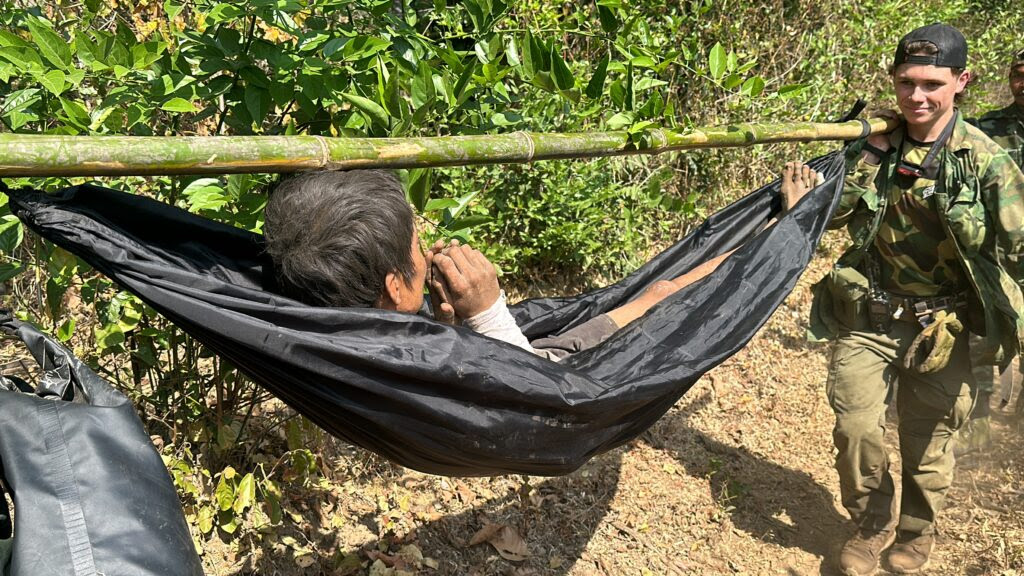
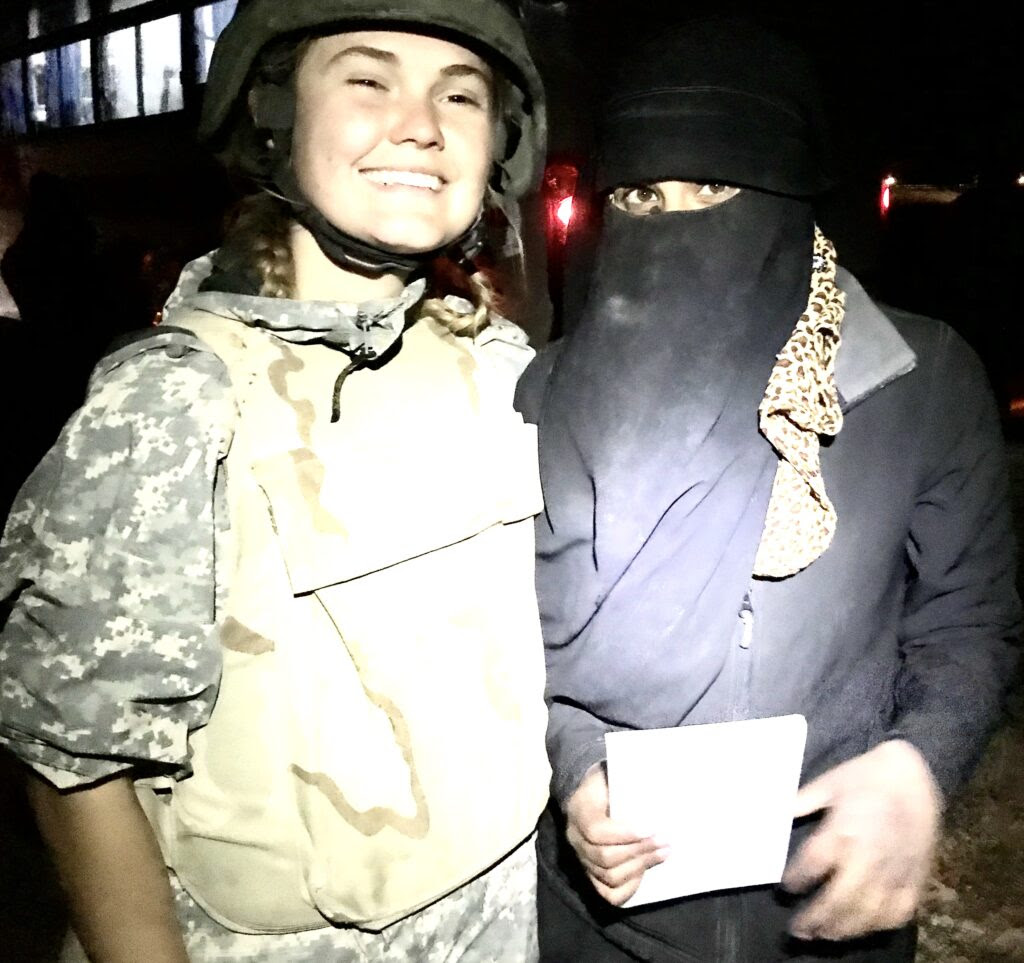
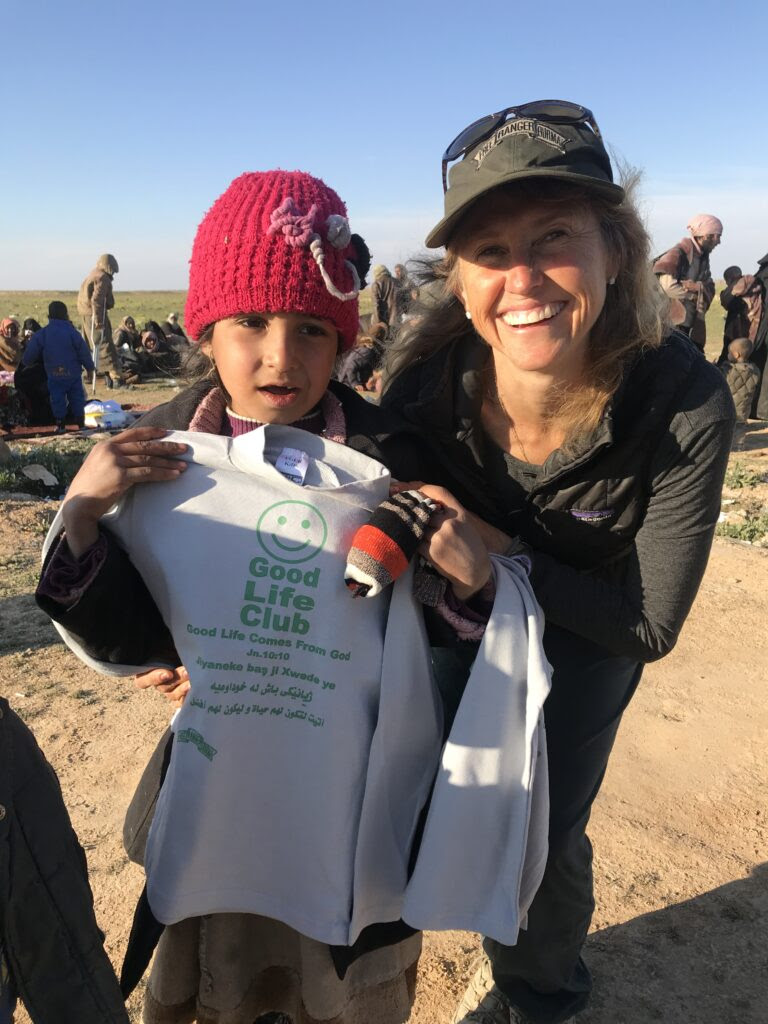
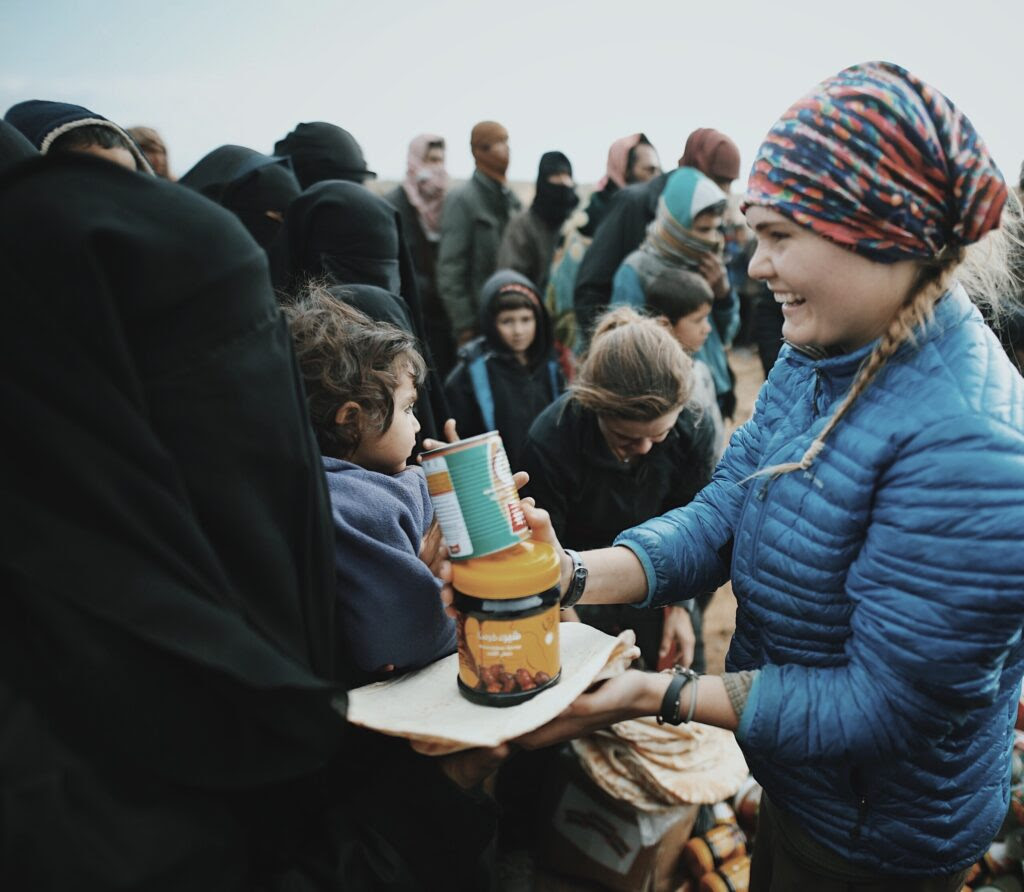
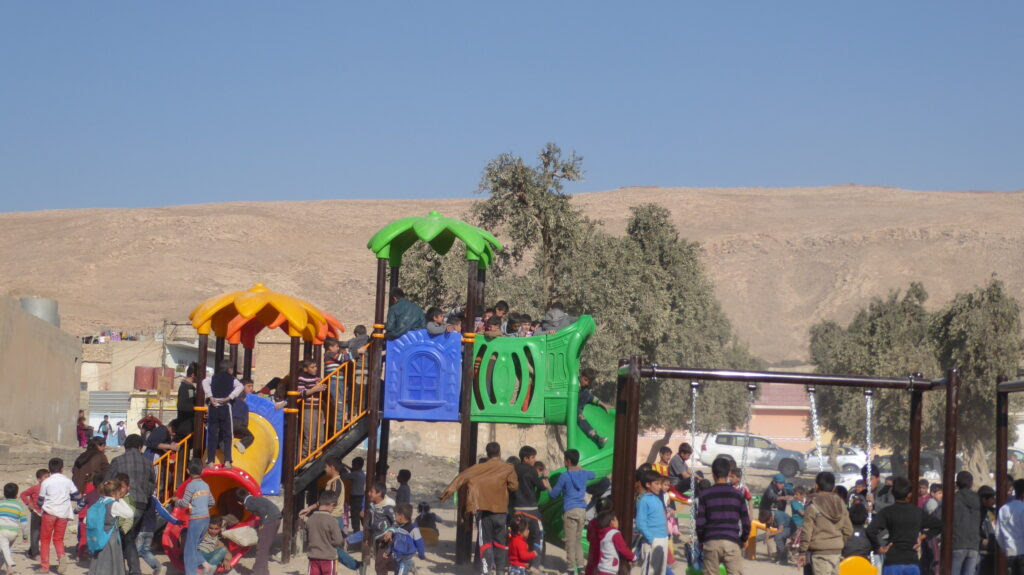
Unite and work for freedom, justice and peace
Forgive and do not hate each other
Pray with faith, Act with courage
Never surrender
The Free Burma Rangers (FBR) mission is to provide hope, help and love to internally displaced people inside Burma, Sudan, Kurdistan, Iraq and Syria regardless of ethnicity or religion. Using a network of indigenous field teams, FBR reports on human rights abuses, casualties and the humanitarian needs of people who are under oppression. FBR provides medical, spiritual and educational resources for IDP communities as they struggle to survive attacks.
For more information, please visit www.freeburmarangers.org
© 2024 Free Burma Rangers | Contact FBR

